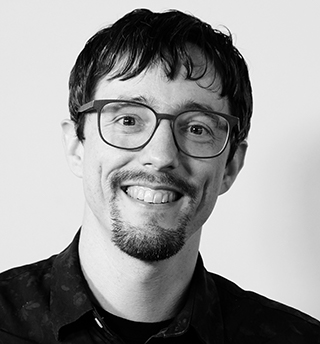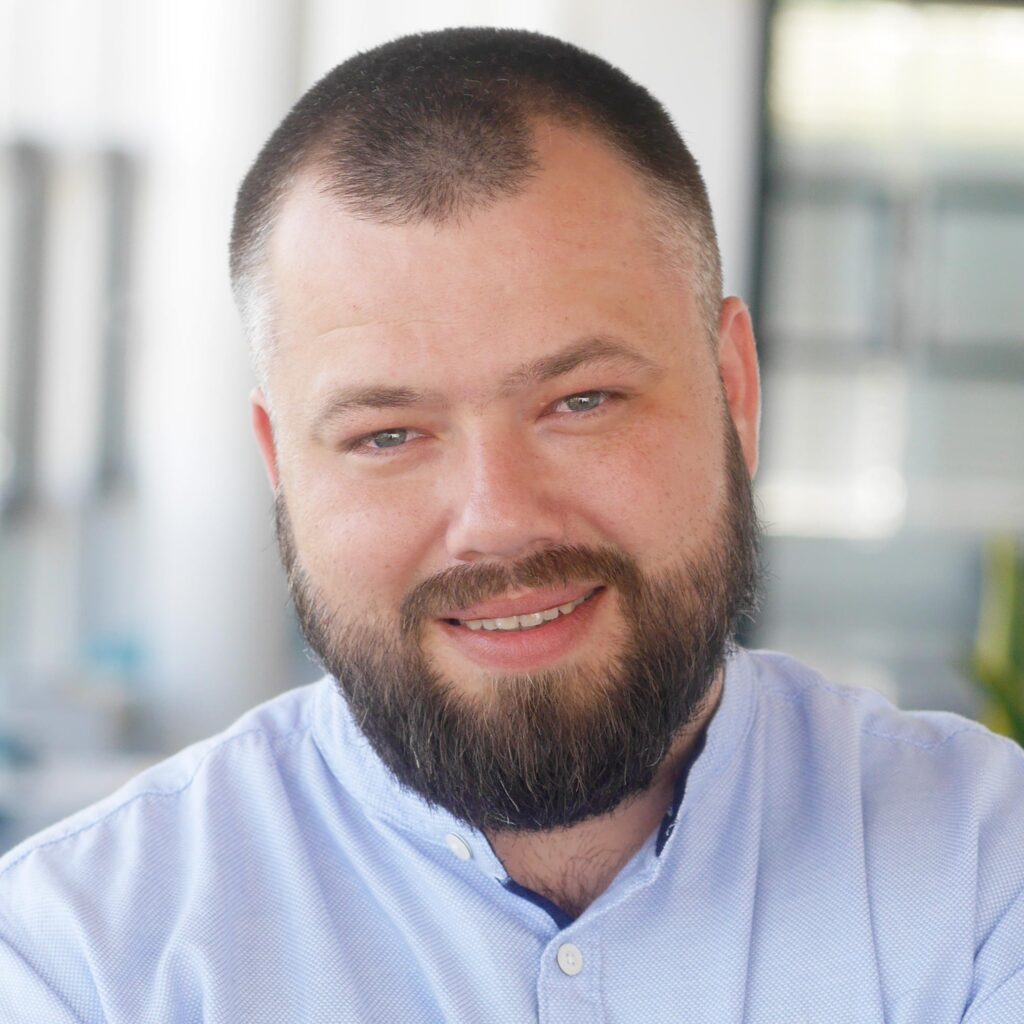Estimated reading time: 4 minutes
Why our Kubernetes on Microsoft Azure Advanced specialization is worthwhile
We have it: the “Kubernetes on Microsoft Azure Advanced Spezialiation”. As the first German partner, by the way. With Azure Kubernetes we accelerate the setup of applications and are more efficient in operation: Automated deployments of infrastructure and services using CI/CD increase efficiency, mechanisms such as auto-scaling and a resilient design ensure high platform availability.…

We have it: the “Kubernetes on Microsoft Azure Advanced Spezialiation”. As the first German partner, by the way.
With Azure Kubernetes we accelerate the setup of applications and are more efficient in operation: Automated deployments of infrastructure and services using CI/CD increase efficiency, mechanisms such as auto-scaling and a resilient design ensure high platform availability. For us, proving our knowledge with a certification is part of the process if we want to develop and operate stable, maintainable and expandable software for our customers as efficiently as possible.
Location determination
With the Microsoft Kubernetes Specialization, we’re not just proving skills and knowledge around Kubernetes in Azure. As is the case with a certification, we have simultaneously compiled and consolidated knowledge from various projects running production Kubernetes clusters. We documented the resulting best practices. The advantage for us and our customers: We can implement them well in further projects. In addition, we have launched an initiative that collects best practices and examples for Terraform, Ansible or yaml pipelines in the company. In the future, we want to make them available on GitHub.
Concretely, we have shown implementations for these points:
Build & Deployment Pipelines
Staging environments; integration of unit, system, integration, load testing; versioning of reproducible and auditable pipeline as a code; secret handling/resolving
Deployment Units
Versionization and usage of build artifacts and configuration objects, control of ingress configurations, RBAC (Role Based Access Control)
Logging
Centralized LogAnalytics instance and logging mechanisms such as Application Insights and LogAnalytics for the runtimes.
Container Security Scan
Scan container images for security vulnerabilities, doing and tooling.
GEO Replication
Best Practices for GEO Replication as a collection from our Architect panel
Getting features to customers faster
Let’s not kid ourselves: Kubernetes is powerful, stand-alone as well as on Azure. It’s worth it for us and our customers to acquire the knowledge and go through the hassle of certification. Because no matter what we are brought on board for as an implementation partner: initially for an MVP, the development of an application until it goes live, or even over a longer period of time for the constant further development of the platform… our customers are drawn to the cloud for the implementation of their new business models. Not having to set up and maintain a big building block like Kubernetes from scratch makes a difference in how quickly we get going..
In the end, this is one screw (of many) to get our projects off the ground quickly and get features to users quickly..
And after all, that’s what we want to do every day.



